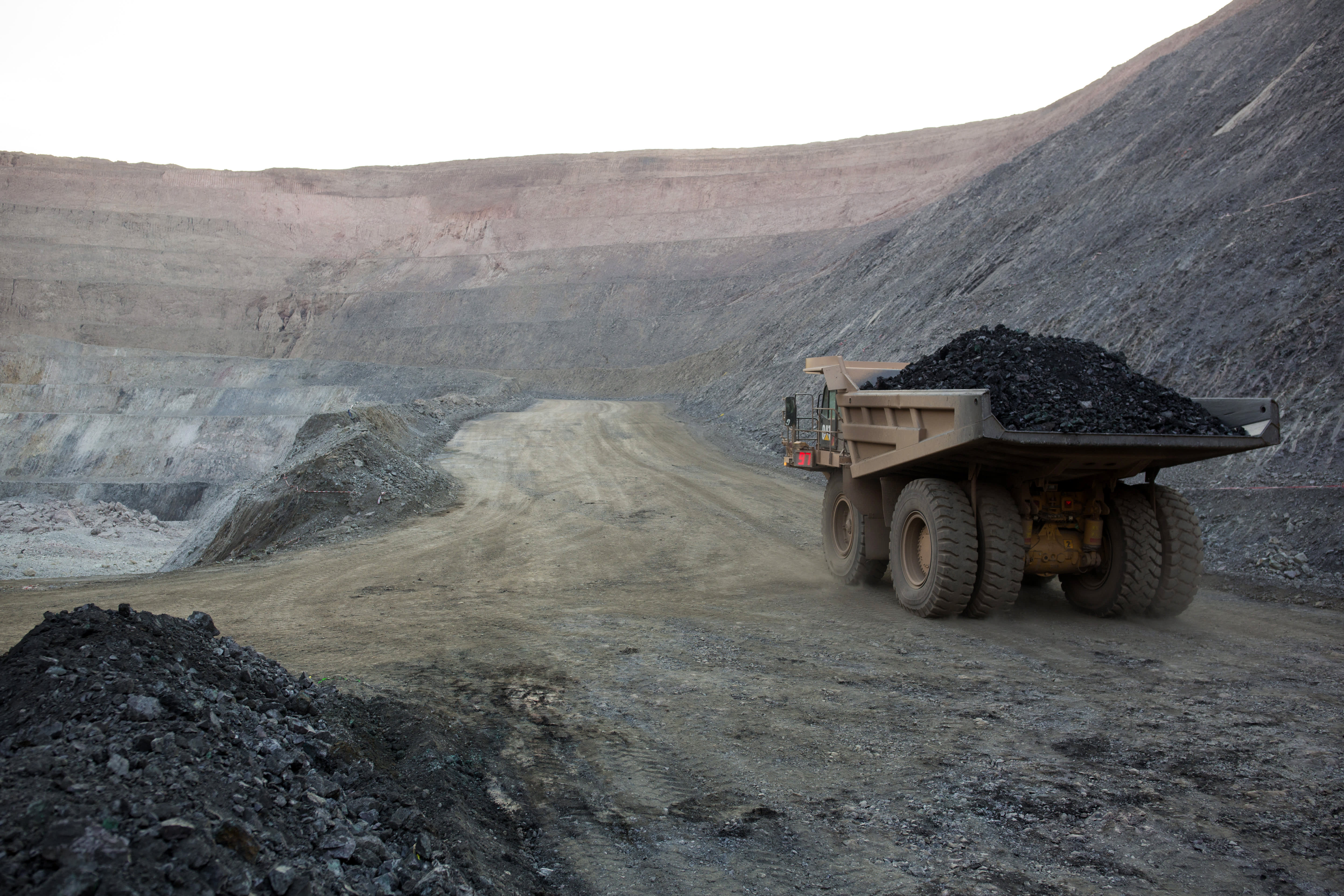
Kolwezi, DRC – The sun sets on one of Mutanda Mining Sarl’s open pit copper mines on July 6, 2016 in Kolwezi, DRC.
Per-Anders Pettersson / Getty Images
A new study has shown that natural resource-rich countries have become increasingly protectionist over the past year as Covid-19 threatened their economies.
A report released Thursday by risk consultancy Verisk Maplecroft indicated that by 2020, 34 countries had seen a “significant increase” in resource nationalism, with the pandemic exacerbating the existing trend toward government intervention.
Verisk Maplecroft determined that 18 of the 34 countries depended on the minerals or hydrocarbons they export and predicted that the threat of isolationism would increase in the coming years as governments try to plug fiscal holes in the wake of the pandemic.
According to the report, the mining sector will bear the brunt of new measures, with some of the world’s leading producers of copper and iron ore, especially in Africa and South America, being among the top ten countries at risk.
“It’s entirely understandable that governments are looking for additional sources of revenue in these times of fiscal restraint,” Verisk mining chief Hugo Brennan said Friday.
“Commodity prices have enjoyed a stellar start to 2021 and this puts the mining sector on the radar of national governments.”
The top 10 of Verisk Maplecroft’s resource nationalism index consisted of Venezuela, the Democratic Republic of the Congo, Russia, Zambia, Zimbabwe, Kazakhstan, North Korea, Tanzania, Bolivia, and Papua New Guinea.
“These are the countries most likely to resort to the most forceful instruments of the resource nationalism toolbox, such as uncompensated or inappropriate direct expropriations,” noted Verisk Americas analysts Mariano Machado and Jimena Blanco.
In recent years, North Korea has announced a new five-year plan that, according to analysts, confirms the decision to increase self-sufficiency and further centralize control of the economy.
Zambia, meanwhile, has been embroiled in a lengthy legal dispute with Vedanta Resources over its attempt to liquidate the company’s Konkola copper mines.
The government of President Edgar Lungu also threatened to suspend Glencore’s license to operate the Mopani copper mine in April 2020, amid tensions over the use of the asset as a swing producer.
“The next move to acquire a majority stake in Mopani underscores President Lungu’s desire to increase state control over strategic mining assets in Zambia and has not hurt his populist credentials either,” the analyst told CNBC ‘Africa, Aleix Montana.
Kitwe, ZAMBIA: Copper is mined at the Mopani Glencore copper mine on January 9, 2019 in Kitwe, Zambia.
Ute Grabowsky / Photothek via Getty Images
Emerging markets and developing economies closed 2020 with an average year-on-year decline of 10.9 percentage points in government revenue as a share of GDP, according to IMF data added by Verisk. The most affected regions were sub-Saharan Africa, with 12.55 percentage points, and Latin America, with 8.7 percentage points.
In addition to previously heavily dependent nations, many more diversified economies saw sharper but more nuanced impulses toward the nationalism of their resources over the past year, according to the index.
“The countries to see more closely are the mining jurisdictions characterized both by a painful Covid-related economic contraction and by an increase in these less explicit forms of resource nationalism,” Blanco said.
“The governments of these countries are increasingly willing to intervene in the economy, to use indirect expropriation or to demand increases in local content requirements, opening the door to a more sophisticated but still disruptive nationalist path of resources. “.
In South America, the deployment of these “less forceful” mechanisms tends to be driven by one of two factors, analysts suggested: ideology, as with Mexico or Argentina; or pressure from the mining area community or wider society, such as Chile and Colombia.
However, in sub-Saharan Africa there is a more complex breadth of underlying motivations.
“For example, the interventionism seen in Liberia and Mauritania is driven by deficiencies in structural governance, not by nationalist sentiment,” the report explained.
“In Mali, the political concerns of the transitional government are the problem, while in Guinea it is the need to maximize revenue from bauxite, both countries are looking to revise existing contracts.”
Oil bombs are seen on Lake Maracaibo, in Lagunillas, Ciudad Ojeda, in the state of Zulia, Venezuela.
Isaac Urrutia | Reuters
Nationalist measures provoked by social pressure tend to be more subtle, but pose the same risk to mining companies, Verisk analysts argued, using the example of a debate over water rights in Chile that it would potentially increase the regulatory burden and operating costs for companies. the next decade.
While the coronavirus pandemic was not the only factor in the recent push toward nationalism, it has catalyzed a trend reflected in the index since 2017.
Verisk expects this trend to rise sharply in the next two years. In “rent-seeking mining economies,” which primarily earn government revenue from mining a particular asset, governments have developed a tendency to turn to the mining industry to support public finances, the report noted.
However, analysts suggested that mining companies should closely monitor ESG (environmental, social, and governance) factors in diversified emerging economies, where more covert methods of state interventionism become the preferred instruments.
“Issues related to income distribution, poverty, access to education and health care, to name just a few, can trigger socio-political processes that demand more from the state,” they said.